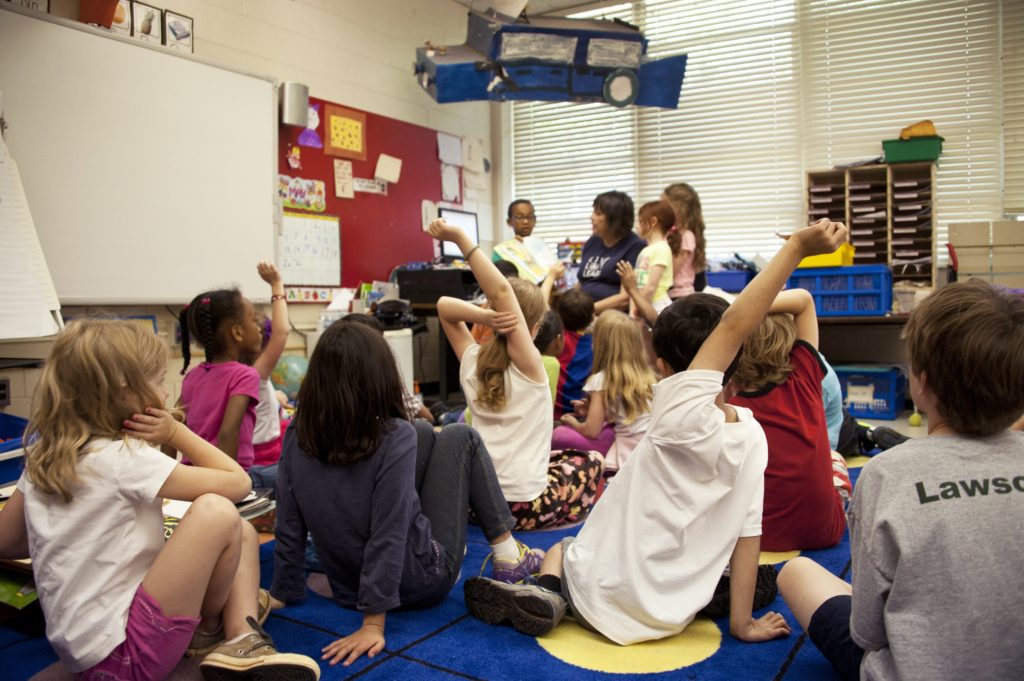By Nikhita Datar
Edited by Natalie Grace Sipula
[3 minute read]
The power of language is undebatable – it has the ability to break down barriers and connect people from different parts of the globe. Meeting someone who can speak the same language as you can be comforting as there is already an established level of familiarity with the person, and the more languages you know, the more common this experience is. Did you know that beyond communicating with more people, knowing multiple languages also has a lot of personal and scientific benefits as well?

According to an opinion piece in The New York Times by Yudhijit Bhattacharjeee titled ‘Why Bilinguals Are Smarter,’ “Being bilingual, it turns out, makes you smarter. It can have a profound effect on your brain, improving cognitive skills not related to language and even shielding against dementia in old age.” So being bilingual doesn’t necessarily mean that you’re the next Albert Einstein (there are a lot of bilinguals in the world, but only one Einstein), but scientists and research have demonstrated that there is a connection between increased cognitive abilities and those who are able to speak more than one language.
I was always aware that I was able to communicate with many people differently – I knew I would talk to my friends at school differently (in a different language) than I would my grandparents, but I never thought anything of it. I primarily speak English and Kannada (a language spoken predominantly by the people of Karnataka in the southwestern region of India), and I can also speak some Hindi, Marathi, Spanish, and Korean. The majority of the languages I know I picked up from my grandparents and parents from a young age, so I learned them much faster. Knowing multiple languages has been a benefit to me because it has allowed me the opportunity to connect with a greater number of people, especially extended family that live abroad who I would have otherwise had difficulty getting to know. I can understand a greater amount of people, and it allows me to see humanity in a different and more nuanced way.

The Wall Street Journal wrote, “Bilingualism calls on capacities to learn the two languages, keep the sounds straight, switch deftly between them and so on.” Ideally as a bilingual you should be able to switch between the two languages you speak comfortably. For me, as much as I can switch back and forth as needed, the challenge lies in finding words that have a similar meaning in another language. Often times, my brain gets stuck on a niche word in one language that seems like it can’t be translated into the other language. The phrase, “I don’t know what the translation of that in English is,” is something I’m a little too familiar with. In these moments, I don’t exactly feel the improved cognitive function that is supposed to come with knowing multiple languages.
Continue reading The Benefits of Bilingualism



